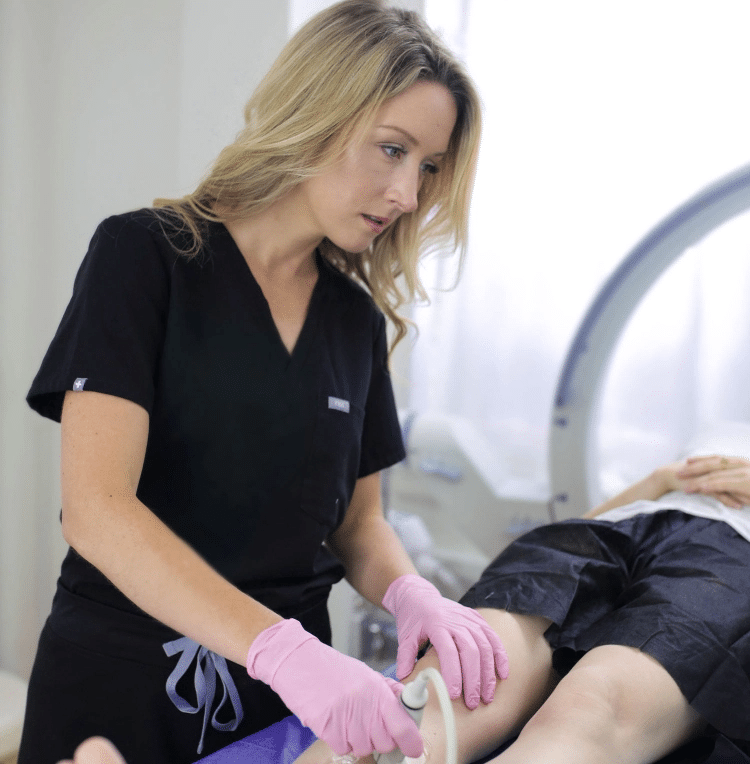In addition to causing ongoing discomfort, varicose veins can sometimes lead to more extreme health problems. Others view them as an undesirable and ugly growth on their skin's surface. This article serves as a broad treatment guide for varicose veins. Your doctor will answer any particular questions you may have about your procedure.
For those who suffer from varicose veins, there are, fortunately, many efficient treatment alternatives available. Treatment options for varicose veins vary from basic at-home routines and behaviours to sophisticated medical procedures. Consult your physician about all of your choices for treatment if you have varicose veins.
Treatment options for varicose veins
Treatment options for conservative varicose veins might help control symptoms and reduce discomfort. You can use these treatment methods daily and at home. Although conservative treatment for varicose veins does not aim to eliminate the bothersome veins, it does assist in managing symptoms. This guide discusses what are the treatment options for varicose veins.

Ablation of the endotherm
This entails sealing the impacted veins with energy. An expert will employ lasers or high-frequency radio waves to do this. The steps are as follows:
- Radial frequency ablation and,
- Endovascular laser therapy
Vascular Endovenous Ablation
Endovenous vein ablation is a minimally invasive method for treating various vein diseases. The afflicted vein is heated with a laser during this treatment, causing the vein to close. The vein is eventually absorbed once the blood is redirected elsewhere in the body.
Ablation using Radiofrequency
Radiofrequency ablation yields results comparable to endovenous vein ablation. The technique utilized to seal the injured veins is the primary distinction between the two therapies. A tiny catheter sends an electric current into the vein during radiofrequency ablation. Scar tissue forms as a result, eventually causing the vein to shut.

Short-term adverse effects from the surgery include pins and needles. Another name for this is paraesthesia. You might have to use compression stockings for a week following the treatment.
Guided by ultrasound in foam sclerotherapy
Some patients are not candidates for endothermal ablation therapy. If it is not possible, sclerotherapy is typically used as a substitute. This entails pumping specific foam into your veins. The walls of the veins become inflamed by the foam. They get sealed as a result. If you have experienced deep vein thrombosis, this kind of treatment might not be appropriate. Before the vein disappears, you could require more than one treatment. Additionally, the vein can return. Despite its effectiveness, the long-term effects of sclerotherapy remain unknown.
Ligation and stripping
This involves tying off the affected leg's vein and removing the varicose veins.
You can usually go home the same day, but an overnight stay in the hospital is sometimes needed.
People ask this question frequently. A physician who specializes in treating varicose veins, spider veins, and other venous problems is known as a vein specialist. When you initially go to a vein clinic or hospital for a varicose vein diagnosis, your legs will probably be examined by your vein specialist. Your vein specialist might also want to perform an ultrasound to scan your blood flow. Venograms and ultrasounds are two tests that can rule out other conditions, such as blood clots or blockages, as the reason for your leg discomfort and swelling.
Briefly put
A skilled phlebologist, or vein doctor, is part of our team to guarantee accurate diagnosis and offer vein treatment recommendations. Give up on the discomfort, shame, and potential long-term issues that come with having varicose veins. Specialists in treating damaged vein doctors use cutting-edge techniques to restore your ability to lead an active life.